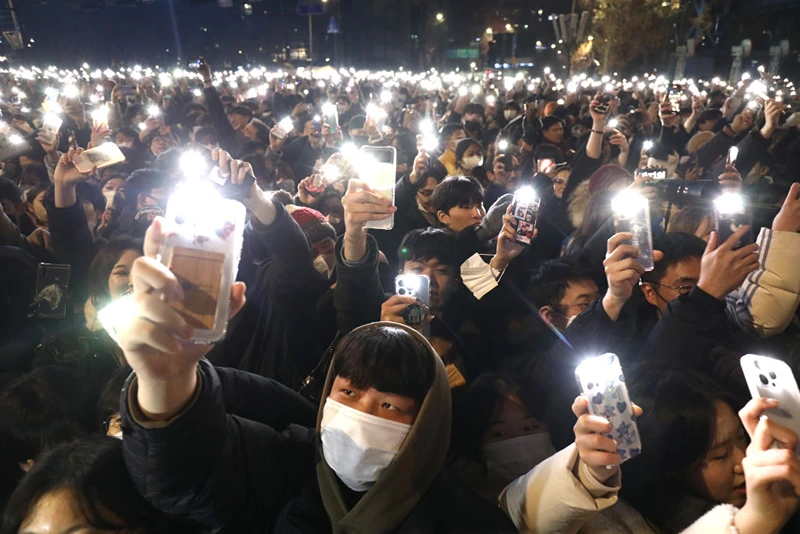
OAN’s Noah Herring
4:20 PM – Wednesday, June 28, 2023
According to a new South Korean law, more than 51 million people found themselves a year or two younger.
New legislation came into effect on Wednesday which asserted that “all judicial and administrative areas” across the country will adopt the “international age” system used by most of the world.
Lee Wan-kyu, the minister of Government Legislation maintained that standardizing ages will “reduce various social confusions and disputes.”
The law gets rid of the “Korean age” system that deems South Koreans one-year-old at birth, counting the time spent in their mother’s womb. They will also start making everyone a year older on January 1st, meaning someone born on December 31st would be two years old the next day.
A separate “counting age” system that has been traditionally used in the country considers everyone “zero” at birth, aging a year every January 1st.
This means that a person who was born June 28th , 2003, is 20-years-old under the international system, 21-years-old under the “counting age” system and 22-years-old under the “Korean age” system.
The law was passed by South Korea’s Parliament last December and is expected to “greatly reduce social costs that have been unnecessary due to the mixed use of age standards,” Lee said.
Despite the new standard, the old system will still be used in certain circumstances.
For example, laws on age-restricted products like alcohol or tobacco will be based on the year someone is born, as opposed to the month. This means someone born in January and December of the legal age year would be viewed as being the same age.
This method will continue to be used for South Korea’s mandatory military service, which means people would be eligible based on the year that they were born, not their specific birth date.
“The government decided to contain such exceptions even after the revisions go into effect, as it is easier to manage such issues on a yearly basis,” Lee said on Wednesday.
Many residents welcomed the change, as a poll conducted by the Ministry of Government Legislation revealed that 86.2% of respondents said that they would use the international system.
Stay informed! Receive breaking news blasts directly to your inbox for free. Subscribe here. https://www.oann.com/alerts

